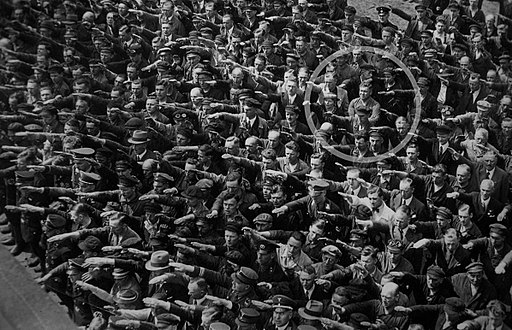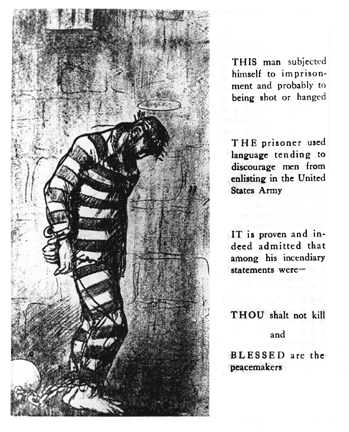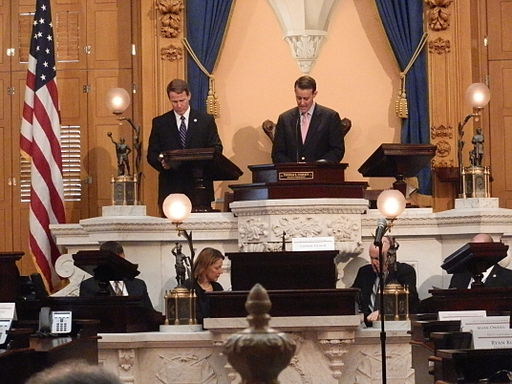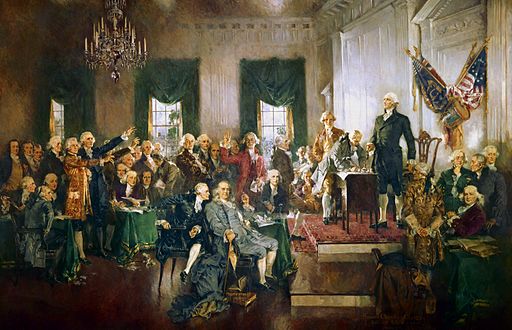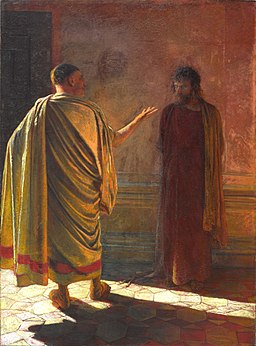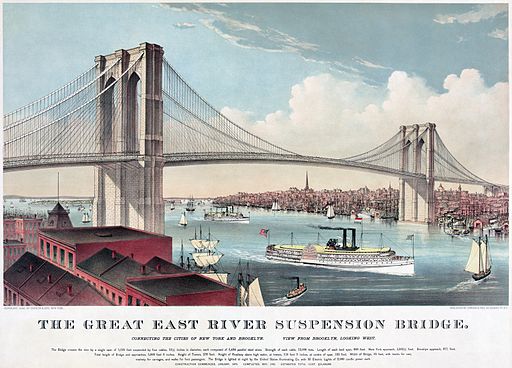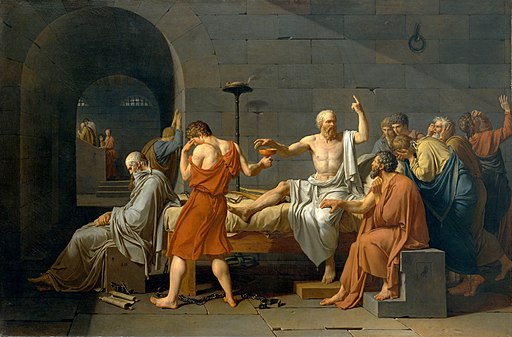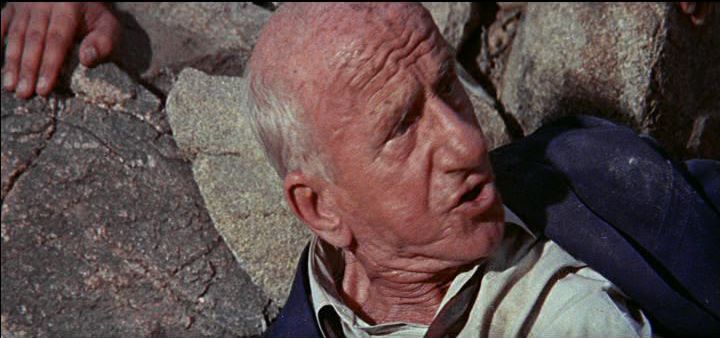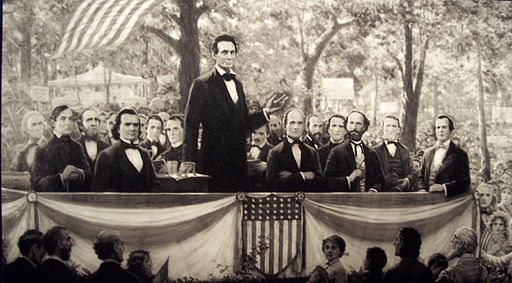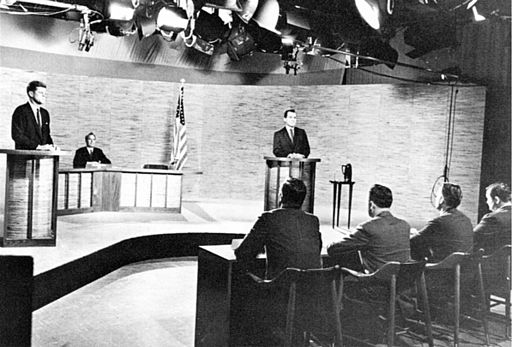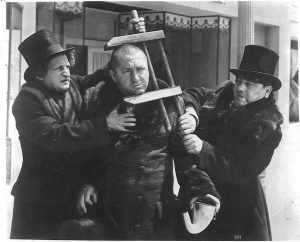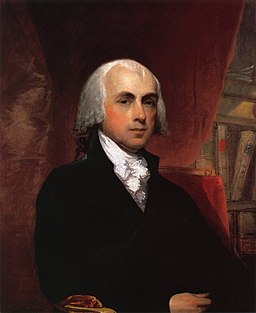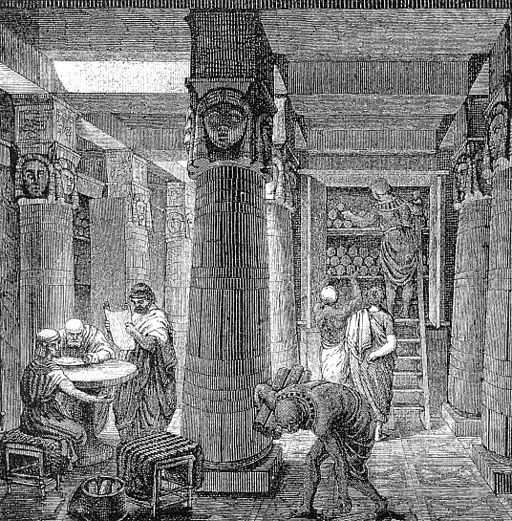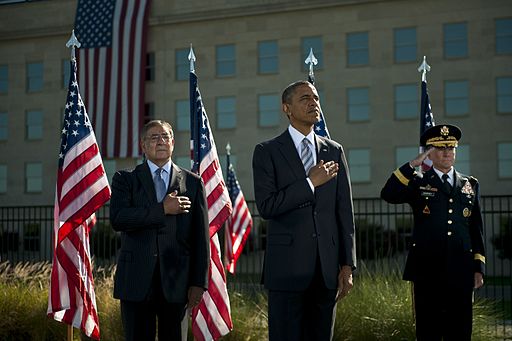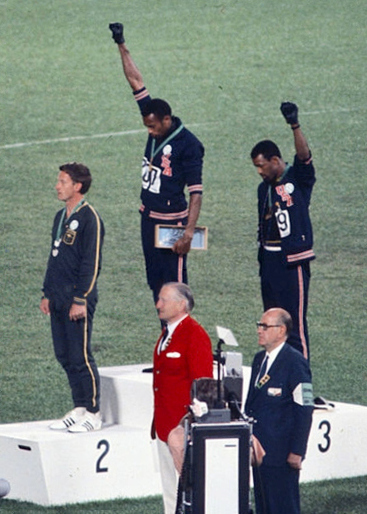How Dry I Am
Secondly is the “Us vs. Them” culture which has taken hold in police departments across the country. Police often behave now as if they are soldiers in an occupying army rather than civil servants pledged to “Protect and Serve” their fellow citizens. They shoot first and ask questions later, if at all, and do so with impunity because they know their union and the rest of the police department “has their back.” The local district attorney will file charges and investigate police brutality with reluctance because he or she needs the daily cooperation of the police in resolving other cases on the docket.
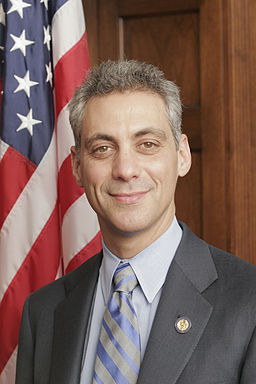
Infamously foul-mouthed
Chicago Mayor Rahm Emanuel
There are ways to confront and remedy at least some police misconduct other than the standard police department method of placing an officer on administrative leave – a paid vacation – while they conduct an internal investigation until they hope everything blows over and everyone has forgotten about the incident in question, at which point the officer and the department can return to business as usual. It is police culture that is at the root of the problem, and until we address that, we should understand that adjudicating individual incidents of police brutality is merely playing at whack-a-mole. Along with Mayor Rahm “&+#!!” Emanuel, we need to sober up and hold cops accountable if we expect them to behave with accountability. Every good parent understands this principle.
― Ed. 


